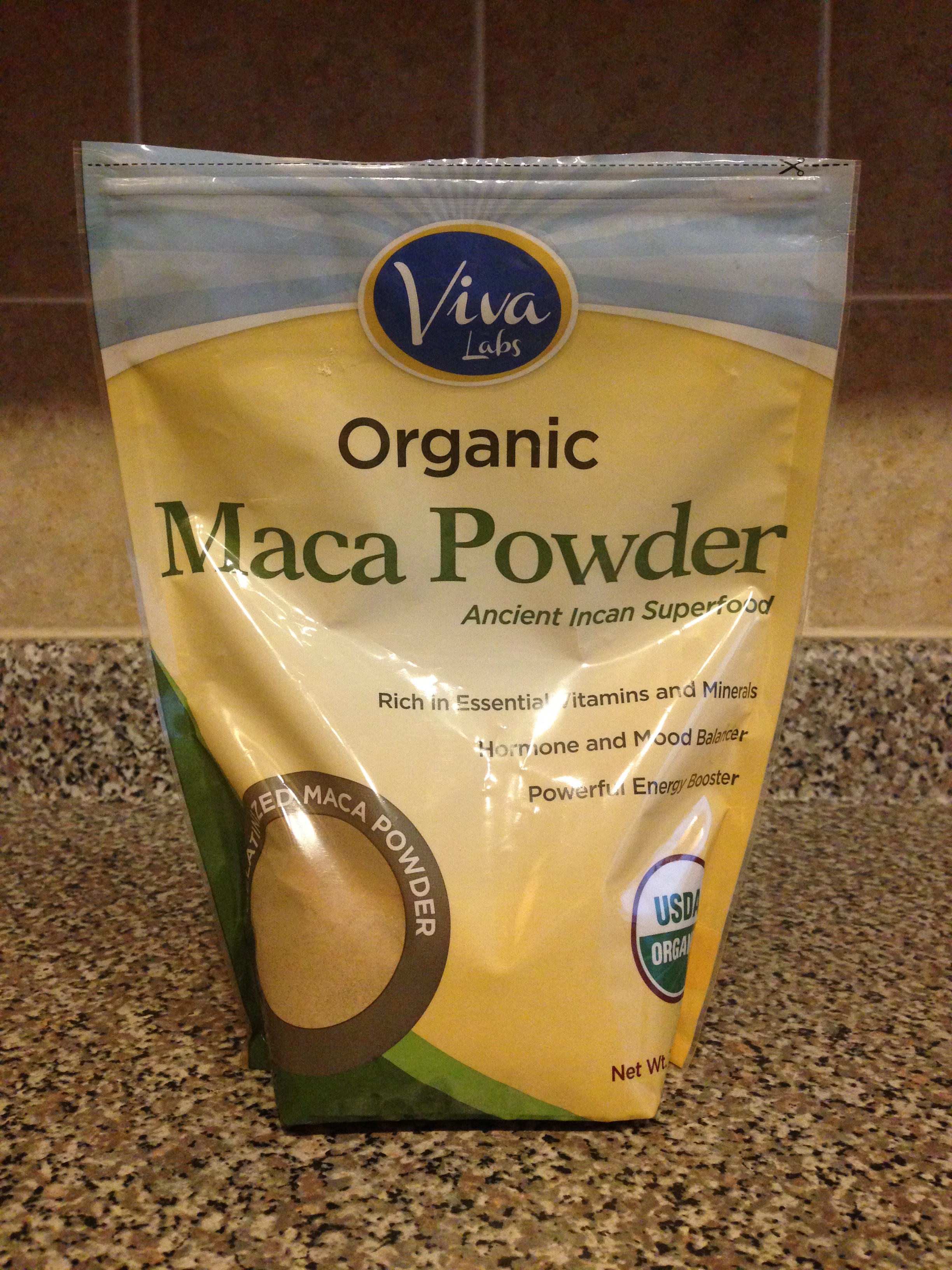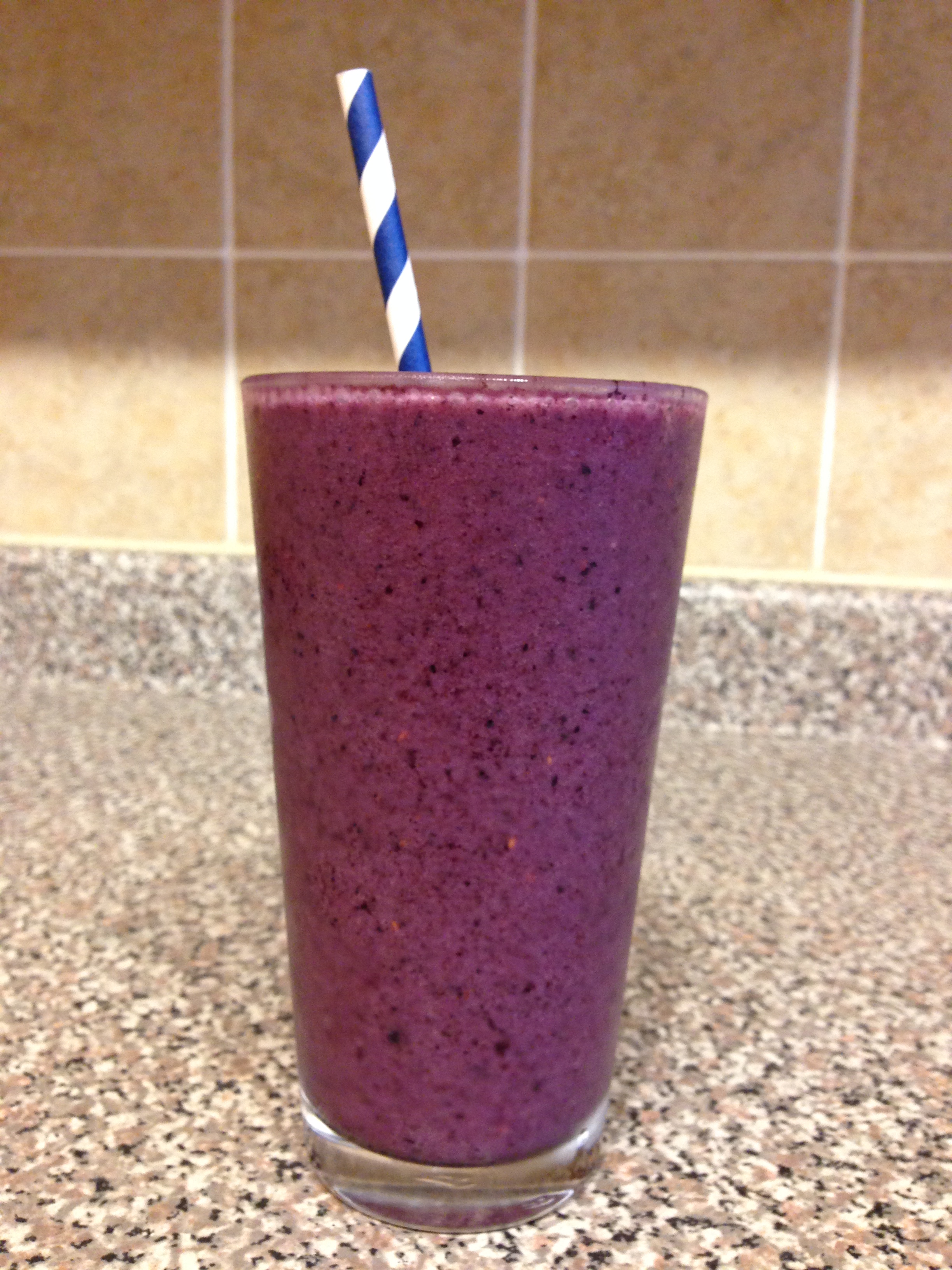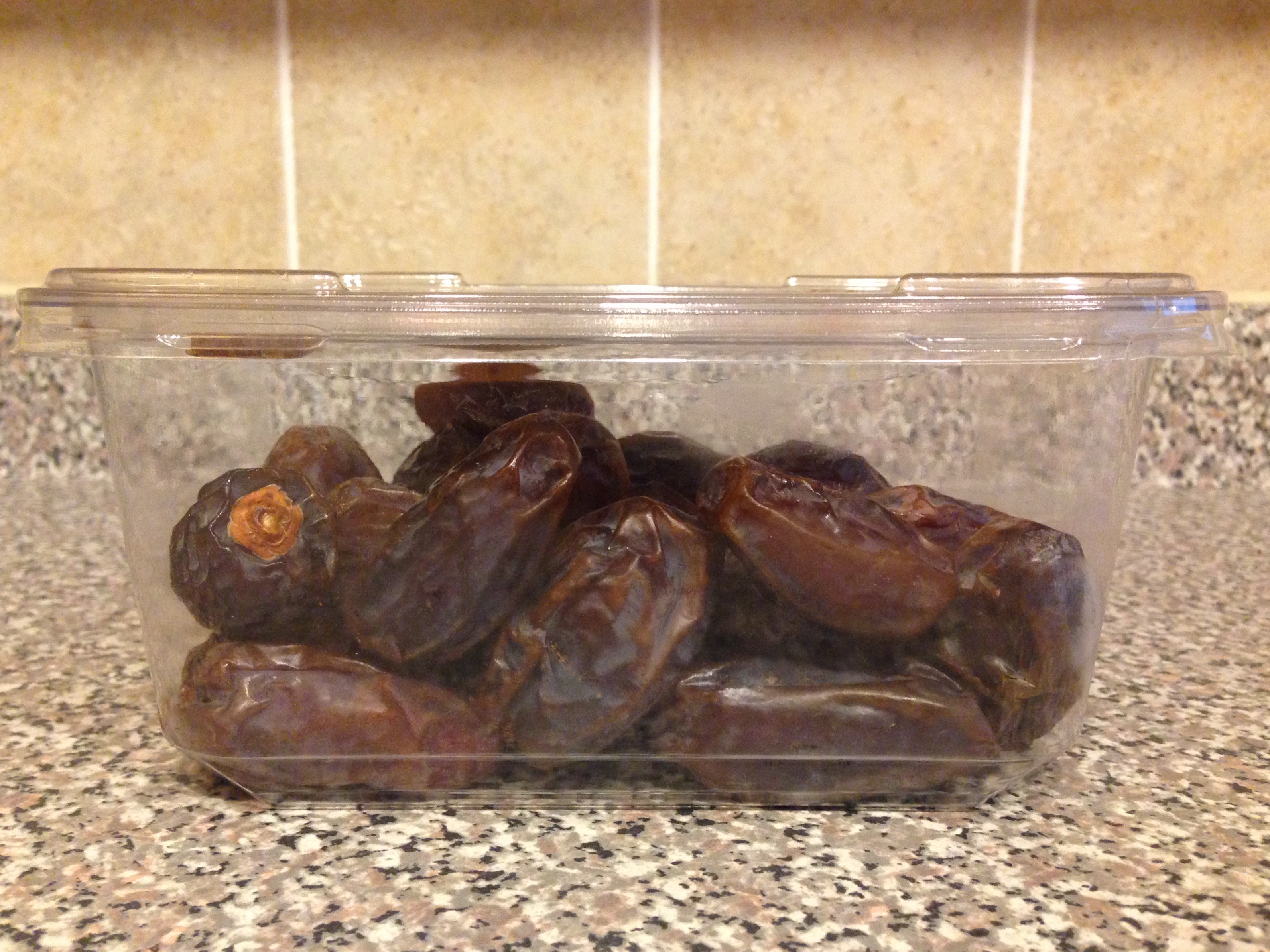Two New Tries for Me: Maca + Dates!
A couple months ago, I was on the hunt for a really good plant-based protein powder and noticed that “maca root” was used in one of the powders I was interested in. Maca, also known as “Peruvian Ginseng,” is an adaptogen, said to balance the hormones (something my adrenals could certainly use!). Maca is a root vegetable and relative of the radish – but it is the root part of the plant that is commonly used for its health and nutritional benefits. I looked into it further to see if this is something I might like to add to my daily nutrition arsenal. 😉
So what’s an adaptogen? It is “a natural substance considered to help the body adapt to stress and to exert a normalizing effect upon bodily processes.” Several studies indicate that adaptogens can not only help to normalize the body and enable energy to be used more productively in times of stress, but can also enhance general health and performance.
I read that “the warriors of the Incan Empire were prescribed maca in preparation for battles. Outside of wartime, however, warriors were banned from consuming maca due to its ability to increase libido, and the consumption of it was restricted to use by only those in the royal court. Not surprisingly, the Spaniards did not ban this food upon conquering the Incas… once they became aware of its value, they collected maca roots as tribute from the Incas for export to Spain.” I can’t possibly know if that’s true, but it’s interesting!
Benefits of maca may include the following:
- It increases energy, stamina and strength
- Enhances mental performance
- Boosts libido
- Balances hormones
- This, in turn, may alleviate symptoms related to anxiety, stress and depression
- Contains B vitamins, C and E + calcium, zinc, iron, magnesium, phosphorous and amino acids
Scientific evidence on the effectiveness of maca is somewhat limited. There are a few randomized control studies showing some benefit, but – as with most things – researchers are still working on it. I like to try things and see what works best for me. I do what makes me feel good, and I encourage others to do the same. When you are consuming foods that are right for your body (and you are adequately hydrated), you should feel light, energized, and clear-minded – never heavy, tired, mentally foggy, or bloated.
I researched a few different maca products and purchased this organic maca powder from Viva Labs (it can be found on Amazon):
I’ve been blending 1 tsp. a day into my smoothies.
This one is 8 oz. unsweetened vanilla almond milk, 1 c. frozen organic blueberries, 1 tbsp. almond butter, 1 tsp. maca powder, and 1 date! I also had scrambled eggs with spinach, and that was my breakfast!
Speaking of dates… I am obsessed! I had heard of dates being used in various healthy recipes – they work as a natural sweetener – but had never purchased them because they are usually really expensive. We were just at Earth Fare yesterday, and they were $17 (that’s for 2 pounds). But I found them at Costco a few weeks ago for $9, so I decided to give them a try… and they are delicious!
I expected that they would be sticky – I guess because I equated them with prunes – but they’re not at all. They are soft… chewy… almost kind of caramel-y. Just don’t eat the pit! I swear that you can eat one or two and it is a completely satisfying dessert, if you’re one with a sweet tooth.
Not only that, but they are nutritious. I just read a PubMed article titled, “The fruit of the date palm: its possible use as the best food for the future?” How cool is that!? It says that dates may be considered as an almost ideal food, providing a wide range of essential nutrients and potential health benefits.
- Dates contain 14 types of fatty acids and at least 15 minerals, including potassium, calcium, iron, magnesium and zinc
- Selenium, another element believed to help prevent cancer and important in immune function, is also found in dates
- The protein in dates contains 23 types of amino acids, some of which are not present in the most popular fruits such as oranges, apples and bananas
- They contain at least six vitamins including a small amount of vitamin C, and vitamins B(1) thiamine, B(2) riboflavin, nicotinic acid (niacin) and vitamin A
- The dietary fiber of 14 varieties of dates has been shown to be as high as 6.4-11.5% depending on variety and degree of ripeness
So eat your dates! 😉
To trying new things,
Kacie


